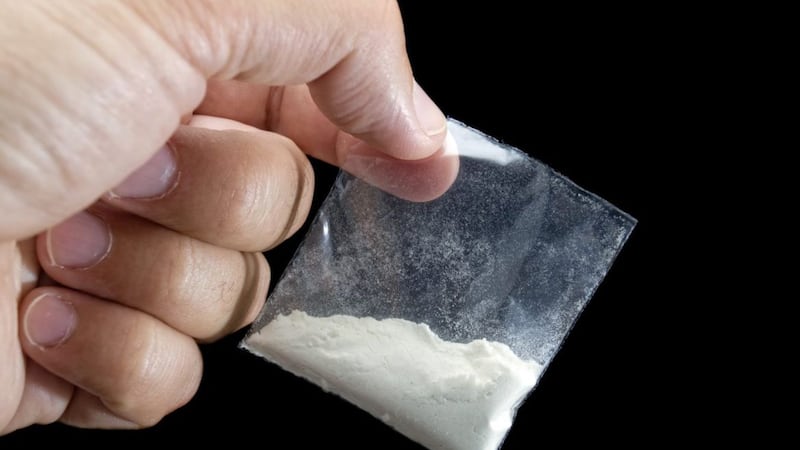Drug stories were prominent in the news recently. One was about the epidemic, we are being told, is presently holding Northern Ireland in its grip. The other was about the Cancer Drug Fund in England which has spent £1.27 billion pounds and which has been found to be ‘a huge waste of money’.
One is about prescribed drugs for cancer that had little or no beneficial effect and the other is about illegal drugs which are killing a lot of young people here in the north.
What connects them, in a way, is the statement from the cancer report: “Populism doesn’t work when you are dealing with complex areas of policy like this. It was not monitored properly – it was politically and intellectually lazy”.
The last time we did anything really substantial about drugs here in the north was forty years ago when we resisted spending money foolishly. At the time, illegal drugs were killing many young people in Dublin and a direct rule English minister wanted to introduce an information programme into the north. The small number of treatment facilities that existed at the time had some influence with the department of health and they ganged up to stop the minister’s plans.
The thinking was clear. The north didn’t have an illegal drug problem at the time and the minister was more concerned with his cv than with the wisdom of spending money on a problem that didn’t exist. Remember that at that time, there was a ring of steel around the north and if the security forces didn’t disrupt the supply, drug dealers were likely to be shot by some of the paramilitary groups.
Times have changed. It is clear that there are plenty of drugs, legal and illegal, in this community now. There is a growing demand from the police, the media, politicians, bereaved parents and frightened communities that something needs to be done. But what and by whom? Who is in charge of drawing up and implementing a response? Is it the health board, the Public Health Agency, the department of health, the health trusts, the department of justice or maybe the department for communities? If we ever get a clear answer to that question, it will throw up other queries. Who has the knowledge, the experience, the expertise with this problem?
If it is a medical problem, it would be normal to look to the medics for the answers. If it is a social problem, it would be usual to look to the social scientists and to the police for the expertise. The reality is that these and other professions receive, in their training, a few cursory talks on addiction, if they receive any at all. Our universities and training colleges have ignored the issue or have relegated it to an evening class. Not the background that would make anyone feel competent in the subject.
If the English politician had to be stopped from implementing a policy on drugs, our politicians have demonstrated little desire to respond to the growing drug issue. It received little to no prominence in political manifestos and less in programmes for government.
Whatever interest individual politicians have shown has not inserted itself into any clear policy. Politicians are not stupid. They know that people and communities only get interested in drugs when it comes to their own doors.
We do have some services to treat people who have developed drug problems. They are not that well- funded, given the complexity of the problem. But there is a very fundamental question that resonates from the cancer drug research. The £1.7 billion was spent without any monitoring of the effectiveness of the project. The same is true of our drug services. Are they any good? Are they relevant to the problem and do they do any good to the people who use them?
We have plenty of statistics about the number of people using the services but no idea of outcomes. I am sure that each service will have its cheerleaders who will be grateful to the services for their health and even their life. But that does not detract from the need for evidence. Governments and professionals look down their nose if things are not ‘evidence led’. We have no idea if the drug services we currently have are doing any good.
This is too important an issue to be based solely on hearsay. When dealing with a complex issue, as the cancer drug report says, there is no excuse for political and intellectual laziness.









